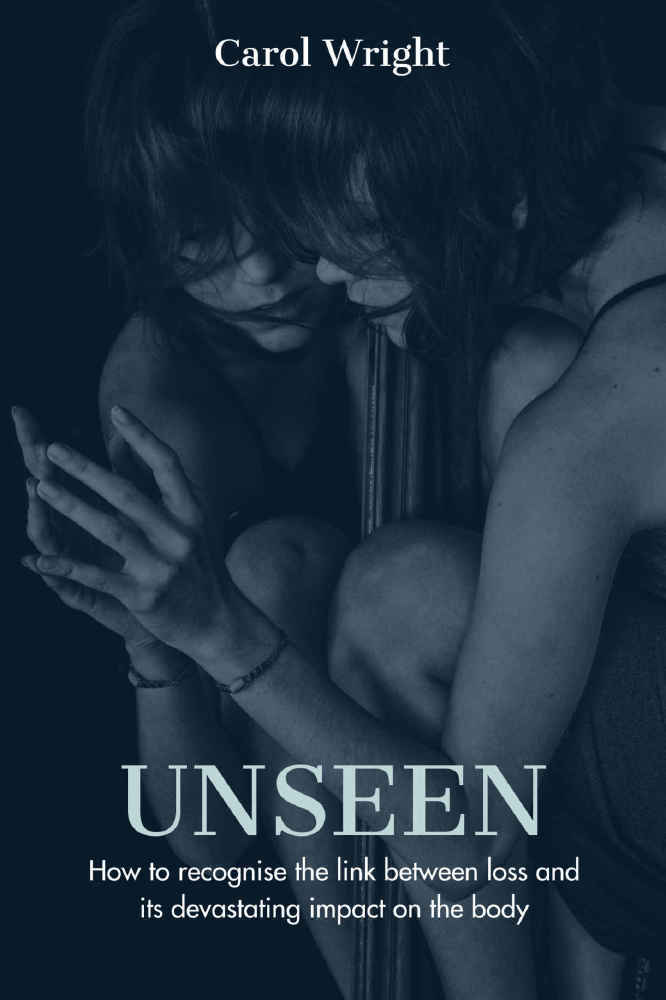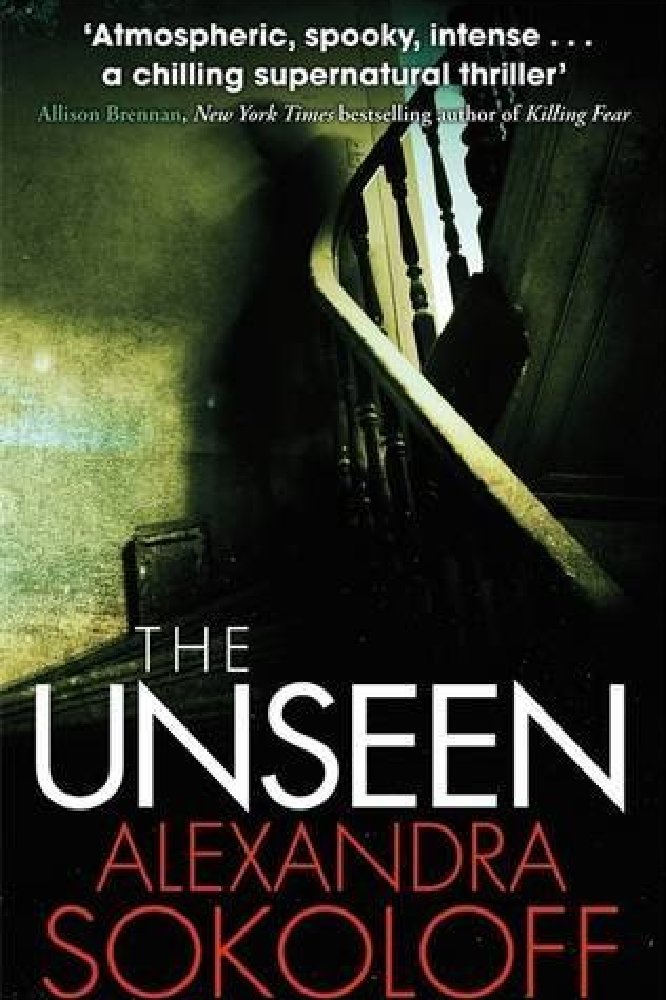Loss can destroy people in so many unseen ways....

Unseen
As it is National Grief Awareness Week 2nd – 7th December (www.nationalgriefawarenessweek.org) - Advanced Grief Recovery Specialist, Health and Life Coach and Best-selling Author, Carol Wright shares with Female First her own story and 10 steps to help navigate loss and bereavement.
This year, during lockdown Carol penned her second book, sharing her personal experience of loss together with her expert advice and action steps on how to navigate loss and bereavement. Carol became a global bestselling author with her book, ‘UNSEEN – How to recognise the link between loss and its devastating impact on the body’. Within her bare-all book, Carol focuses on her personal experiences of loss throughout her lifetime and combines this with her health coaching experience and grief recovery training to guide those struggling with grief to help others understand some of the unseen physical effects that grief can have on our bodies, she also offers others hope, guidance, tips and methods for coping with some somewhat taboo subjects too.
Carol has personally experienced, lived with and overcome many losses throughout her life; starting with childhood experiences, being brought up in a divorced family where she never saw her birth father - a loss that many children experience, to career issues, the loss of health and to the loss of parents and the experience of grieving close friends and family.
Here, Carol shares 10 Steps To Help You Navigate Loss And Bereavement, she said;
1. Your grief and reaction to it, is yours alone. No one really knows how you feel as everyone feels different (even though they may tell you they know how you feel).
2. Tears and sadness are a normal part of this process. Crying is a normal and natural reaction to loss of any kind. There is no time limit for this. You don’t need to be strong. You may just want to show your emotions’ and this is ok to do.
3. Find a safe space - It may feel awkward at first, but the goal is to start feeling comfortable and safe talking about loss.
4. Check for Unhappy Signs - Be mindful of any changes that you see. Try to recognise your response to signs of unhappiness – emotional eating is a common factor together with drinking more alcohol, spending more money to make you feel good and staying up later watching TV instead of going to bed.
5. Embrace Nature - Try going for a walk for at least 15 minutes in nature. Listen to your surroundings and just watch and be present. Being in nature is good for your mind, body and you are getting movement into your day to help you sleep better at night too.
6. Self Care - Daily self-care can improve you physically, emotionally and mentally. Plan some relaxation into your day so you do not get interrupted. Try listening to music or a podcast or run a warm bath.
7. Sleep is Crucial - Try turning off distractions when going to bed to enjoy a peaceful sleep at least 30 minutes to an hour before your bedtime. This will aid your sleep through the night. You could also try night time scents and sprays, calm lighting, a hot drink and hot water bottle…
8. Deep Breathing - Pay attention to your breath and take deep breaths through your nose throughout the day. Be mindful that you breathe this way as we tend to breathe through our mouths more than we realise.
9. ‘I’m fine!’ It’s an easy way to avoid sharing true feelings and a way of getting out of having a conversation. But try to be honest and open.
10. It’s Always Time to Talk - Grief can be very isolating. Remember, it is safe to talk and highly recommended - find someone to listen to you. It’s always time to talk… it’s doesn’t matter when your loss was, you can still talk about it. By talking and being listened to, you matter.
Throughout her book, Carol opens up and provides guidance and comfort for readers experiencing loss, based on her coaching and personal life experiences. ‘Unseen’ explains the unseen and often unrecognised physical effects of loss and how looking after our physical body can hugely benefit the mental health. Carol said; “I wrote this book as I am on a mission to help others unleash themselves from the darkness of loss, whether that is physical or mental loss. People think loss is to do with death only, but it is much more than that and after a death, we often go into overdrive mode, sorting and organising – some may emotionally eat or not eat at all, some may drink more or dive into work in order to stay busy, some may have health problems or accidents that are triggered by loss, and many can experience a lack of self-worth and self-care and this can all often lead to burnout.
“I wanted to share my story, warts and all, to show others that no matter what you have been through or what you are currently going through, there is a way forward that can heal your broken heart.”
Carol Wright offers The Grief Recovery Method, online more information can be found - www.healthymindsmatter.youcanbook.me
To obtain a copy of Carol's bestselling book 'Unseen – How to recognise the link between loss and its devastating impact on the body' please visit Amazon
RELATED: Exclusive interview with Alexandra Sokoloff about The Unseen
I was inspired by the real-life, world famous ESP research that took place at the Duke University parapsychology lab, headed by Dr. J.B. Rhine, from the 1930’s to the 1960’s. As the daughter of scientists, I was always completely fascinated by the idea of testing something as spooky cool as ESP in a laboratory setting. But what really hooked me about the history of the Rhine lab was that in the sixties, the researchers started doing field studies of haunted houses and poltergeists... to read more click HERE


